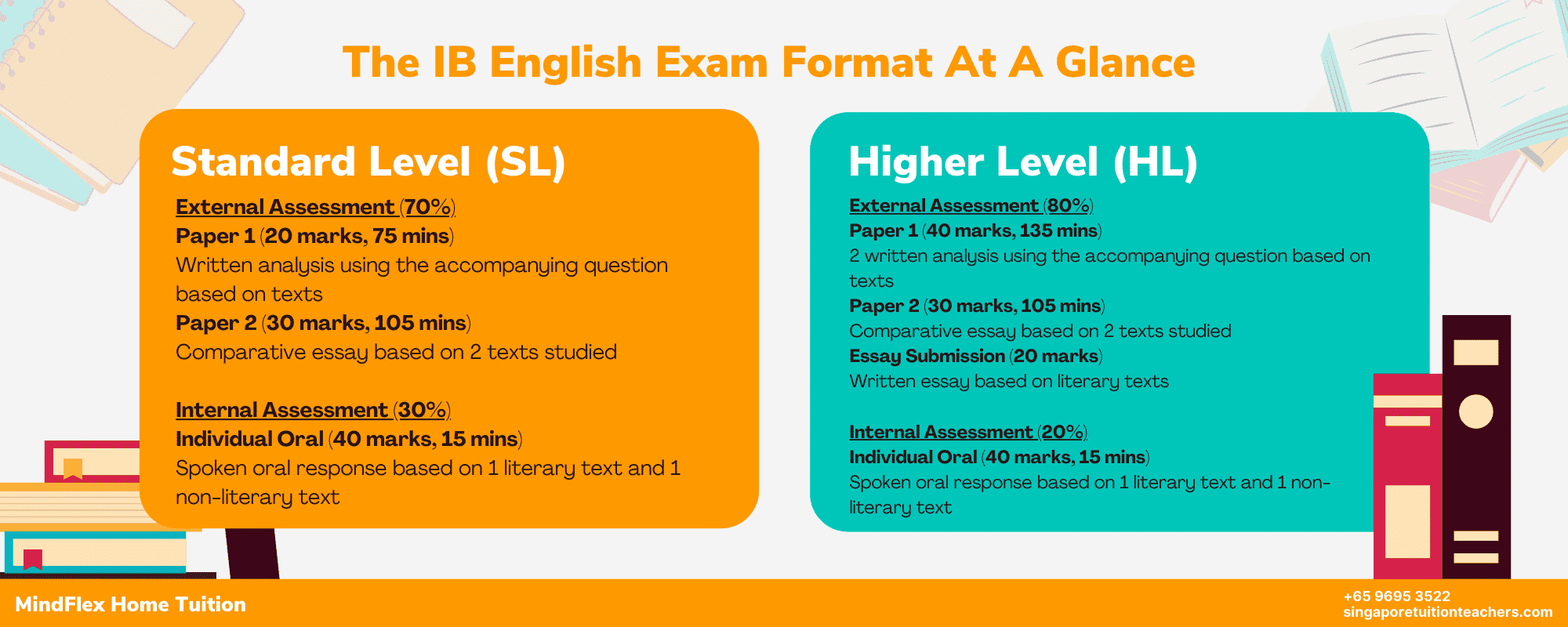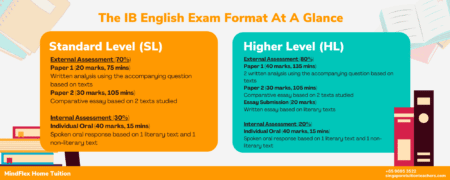
Past Paper IB Diploma Chemistry Standard Level
There are several ways to get a hold of the Past paper IB diploma chemistry standard Level. This article will focus on the exam format and criterion, as well as how to practice with the past paper. This article will also explain the benefits of reviewing past papers. Using them to prepare for the exam will help you better understand the format and criterion. The past paper is a valuable resource for students studying for the IB diploma chemistry standard Level exam.

Previous paper IB diploma chemistry standard Level
If you are studying for the IB diploma in chemistry, you might be wondering about the differences between the standard and higher levels. The difference lies in the paper content. For the HL and SL papers, you must complete three papers: the first is a multiple-choice test, with 30 questions; the second one contains 20 questions; and the final paper is worth 36% of your overall grade. The standard level paper uses experiments that you are familiar with from the IB Diploma.
The IB uses three papers for the IB diploma in chemistry, with an additional internal assessment of the “wet” and “dry” practical. The latter accounts for about 20% of the overall grade. The three papers are divided into MCQs, short answer questions, and a lab/data based section. The optional topic SAQs are included in Paper 3.
Practice questions
If you are a student preparing for the IB Diploma in Chemistry standard Level, it is an excellent idea to practice the test by studying the past papers. These papers contain sample IB Chemistry exam questions that cover the eleven core SL topics. You should also consider studying the data book questions so that you can increase your conceptual level. This way, you can avoid making any mistakes in the exam. Here are some tips to help you get started:
You can also try the Internet for past paper IB diploma chemistry standard Level practice tests. You can find many online resources that can help you with the preparation. Some of these sites are dedicated to helping students prepare for the exam. The IB website has a wide variety of past papers that are a great resource to get familiar with the syllabus. You can also look up the exam questions from the different test papers to see which strategies you should use in answering them.
Exam criterion
The IB Diploma in Chemistry consists of three parts. For SL, students will cover five to seven topics and for HL, three to four additional subjects will be covered. In addition to these three parts, students must complete a group project, conduct an experiment, and write a report about their findings. The subject guide is available at the programme resource centre for all IB teachers. The IB Diploma in Chemistry is internationally recognized and is a great choice for those who wish to pursue an advanced degree in chemistry.
A student must have achieved at least a 24 on the examination criterion in order to achieve the diploma. Students will receive credit for their exam scores on each individual examination once they have achieved the specified score. In addition to that, students will receive extra credit in their Liberal Arts elective courses if they meet the conditions listed below. Ultimately, the Diploma is an international assessment of knowledge and skills.
Exam format
The IB diploma chemistry standard Level exams are structured in a similar manner to other AP and A-level examinations. The IB Diploma chemistry standard-level exams are written, and are composed of three papers: paper one, paper two, and paper three. Each paper contains an assessment task. The first assessment task involves a single investigation, a hands-on approach, or the use of data-bases. The second assignment involves the use of an experimental work. The final assessment component is a written report that includes a write-up of between six and twelve pages. The third assessment task involves a supplementary written paper, requiring students to complete a variety of different types of tasks.
Paper one covers the standard topics that students need to know to succeed on the IB diploma chemistry exam. Paper two is about the SL syllabus; the higher level syllabus covers the advanced topics. Paper three assesses the student’s ability to apply knowledge and skills to a variety of scientific disciplines. Option topics are a great way to make this section easier if you’re studying another science. Biochemistry is the most straightforward option to choose, and a large part of it is already covered in IB Biology.

Comments (0)